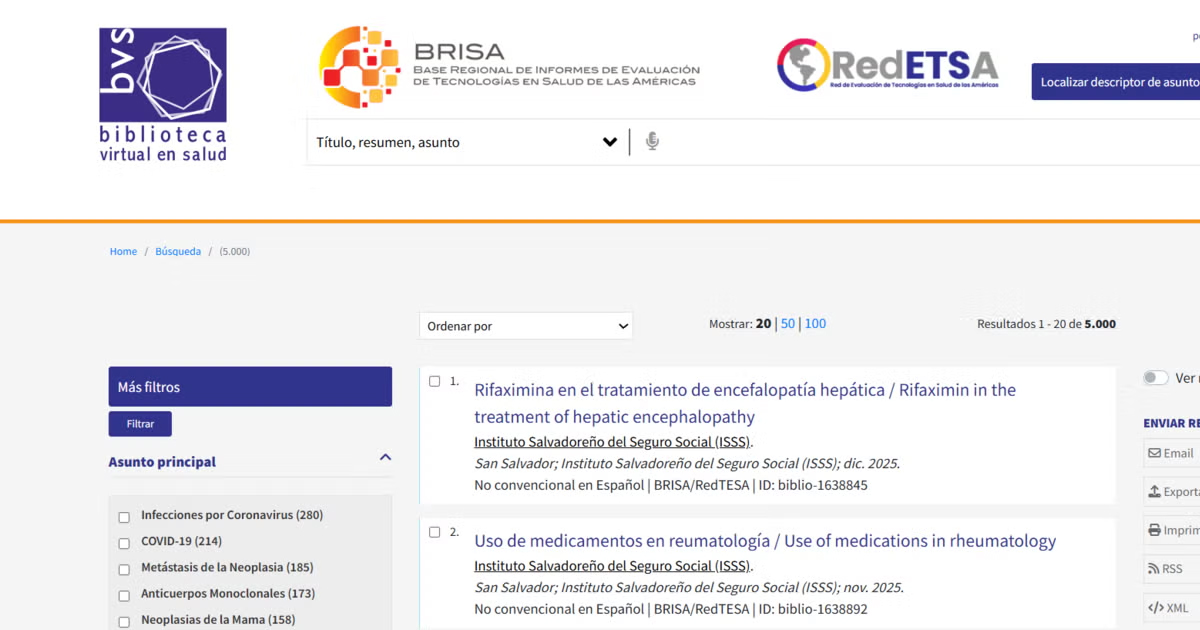El problema de la falta de adherencia al tratamiento en pacientes con enfermedades mentales, ha sido abordado mediante el uso de wearables y además ha aportado soluciones
La falta de adherencia al tratamiento provoca el incumplimiento de la medicación, y además de afectar a los demás pacientes, puede llegar a generar un aumento de costos de atención médica. En Estados Unidos solo uno de cada tres pacientes con esquizofrenia logra adherencia a su régimen de medicación, esta falta de cumplimiento posteriormente se traduce en costros de rehospitalización.
En Estados Unidos la Administración de Alimentos y Medicamentos, aprobó el aripiprazol digital, un medicamento antipsicótico que contiene un sensor ingerible para controlar y hacer un seguimiento del consumo. De esta forma se pudieron encontrar y brindar apoyo a los pacientes con menos adherencia, no obstante, por su alto precio, de 85 veces más que el aripiprazol genérico lo sitúa lejos de ser una solución por ahora.
Este año fue publicado un study en Nature, sobre la medicación de pacientes psiquiátricos y cómo a través de patrones de actividad es posible conocer la adherencia de cada paciente. El estudio detalla cómo a través de un acelerómetro y un electrocardiograma incorporado en un sistema de medicina digital de un wearable o un parche, se obtienen registros de la ingestión de medicamentos y conocer así la actividad del paciente y conocer si existen cambios de comportamiento directamente relacionados a la adherencia del paciente.
In that study 95 patients with schizophrenia, bipolar disorder and major depressive disorder, all on stable doses of aripiprazole, received a supply of digital aripiprazole for several weeks.

Los sensores digitales de aripiprazol lograron proporcionar una medida objetiva dentro de los parámetros de la adherencia a la medicación. Los datos recolectados por el sensor se utilizaron para determinar qué tan bien la frecuencia cardíaca y los datos del acelerómetro podían predecir la adherencia.
“Los acelerómetros de cada parche permitieron a los investigadores calcular una ‘puntuación de ritmo de actividad’ que capturaba la consistencia del recuento de pasos de una persona día a día. También calcularon una ‘frecuencia cardíaca relativa de intervalo activo’ que indicaba la intensidad de la actividad física. Tanto una puntuación de ritmo de actividad alta (que indica que el recuento de pasos de una persona era consistente con su rutina) y una frecuencia cardíaca de intervalo activo relativa alta (que indica actividad física intensa en comparación con la línea de base), se correlacionaron con la probabilidad de que un participante del estudio tomar sus medicamentos al día siguiente”, explican Leia Wedlund y Joseph Kvedar en su editorial en la revista Nature.
In this way data on high activity rate (such as step count) were associated with greater adherence than those with lower activity rate.







